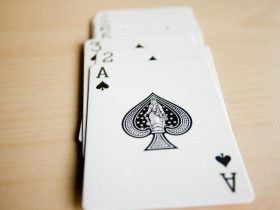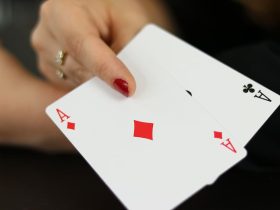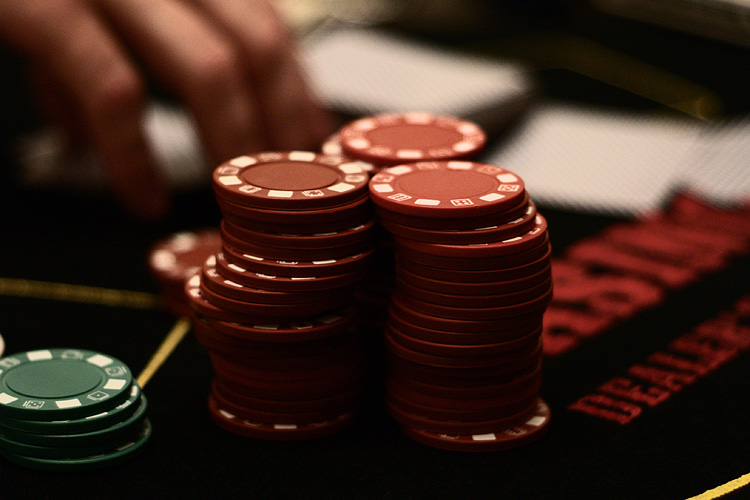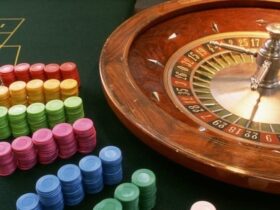Gambling problems and gambling problems come in various levels of intensity and can deteriorate
Gambling problems, also known as compulsive gambling, is recognized as a disease or disease. But not everyone who has the problem will be diagnosed as a compulsive gambler. Like behavior, level or severity of behavior determine clinical classification.
Therapists use a different scale to assess gambling behavior and base therapy according to the assessment. Most therapists use DSM-IV or southern oaks screen for diagnosis.
Only has compulsive or pathological gambling recognized as a treatable disease is the main achievement for a therapist who treats the problem. Over the years gambling is seen as a defect of a character or weakness, but not a true disease. Now it has been accepted that gambling is out of control is a disease that can be treated with effective methods.
One point that almost all doctors agree is that the best way to effectively treat the problem is to immediately stop gambling. Some clinical studies have indicated that neuro transmitter deficiency may be the cause of problems and drug therapy being tested while other forms of behavioral therapy, such as supporting groups and guided mediation or hypnosis also show some success.
If you are wondering if you or someone you know has a gambling problem, here is a checklist
It was used by a doctor to assess pathological gambling …
“As defined by American psychiatry associations, pathological gambling is impulse control disorders which are chronic and progressive mental illness.
Pathological gambling is now defined as a persistent maladaptive behavior meeting and recurrent at least five of the following criteria, as long as this behavior is not described better by the bead episode:
1. Protection. Subjects have frequent thoughts about gambling experiences, both past, future, or fantasies.
2. Tolerance. Like the tolerance of drugs, the subject requires a greater bet or more often experiencing the same “hurry”.
3. Withdrawal. Restless or irreverent associated with efforts to stop or reduce gambling.
4. Escape. Subject gambling to improve mood or escape.
5. Chase. The subject tried to win back gambling losses with more gambling.
6. Lying. The subject tried to hide the extent to which his gambling by lying to family, friends, or therapists.
7. Steal to feed their gambling addiction.
8. Lost control. The person did not succeed in trying to reduce gambling.
9. Illegal actions. The person has violated the law to get gambling money or restore gambling losses. This might include theft, embezzlement, fraud, forgery, or bad checks.
10. Significant relationships are at risk. People gamble despite taking risks or losing relationships, work, or other significant opportunities.
11. Bailout. The person turned to family, friends, or other third parties for financial assistance as a result of gambling. “










